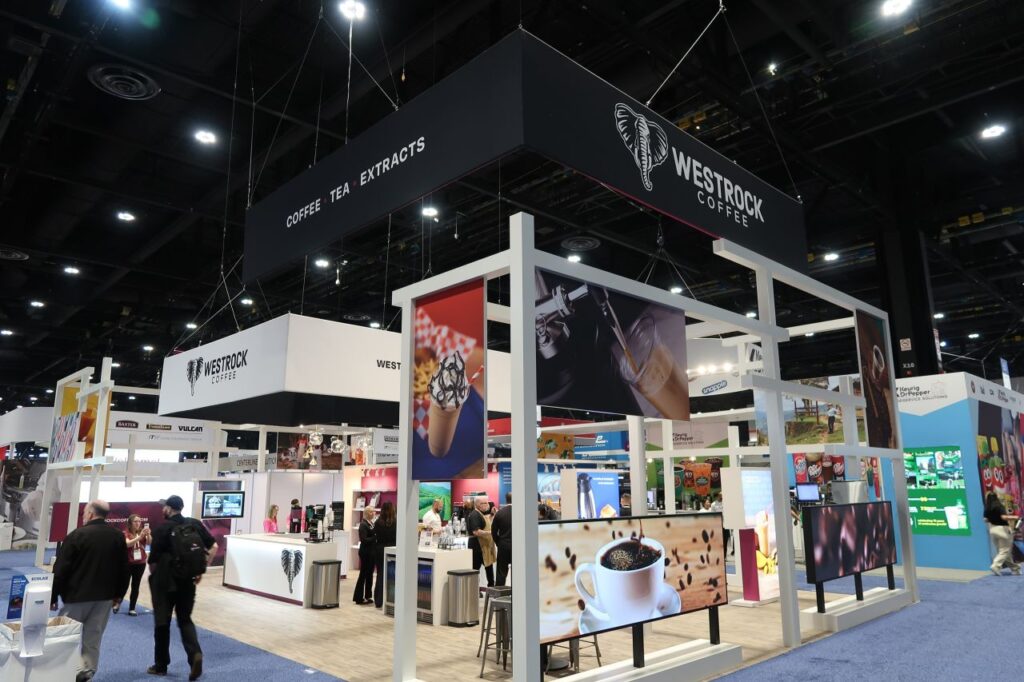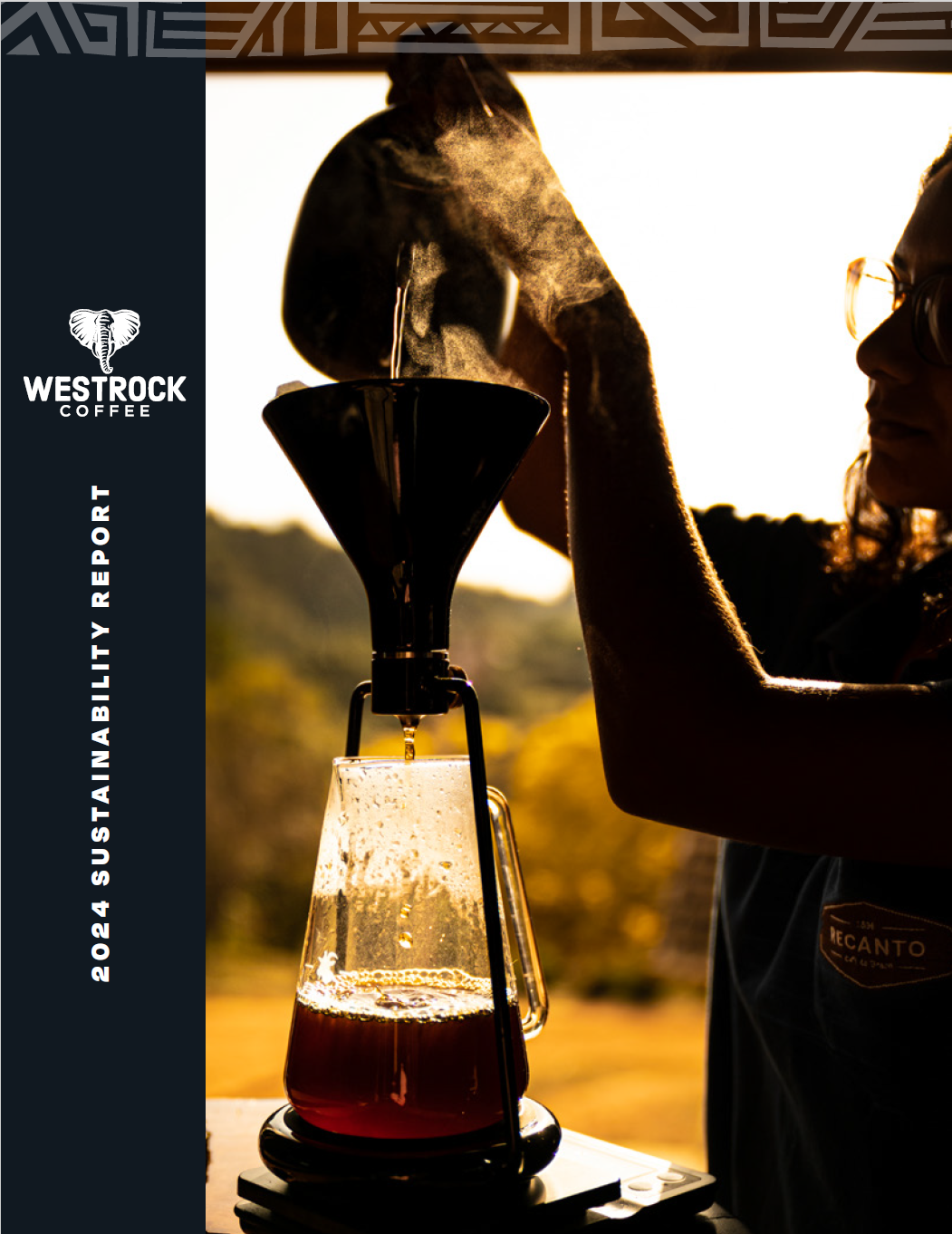October 22, 2024
Our coffee origin travels this month takes us to Honduras, the second largest Central American country and the 4th largest coffee producing country in the world. Honduras lies along the equator sandwiched between the Pacific Ocean and the Caribbean. It is surrounded by other coffee producing countries with Guatemala to the west, El Salvador to the southwest, and Nicaragua to the southeast. Like other Central American countries, Honduras is comprised of mountains and coastal lowlands, making it a beautiful and lush place perfect for growing coffee.
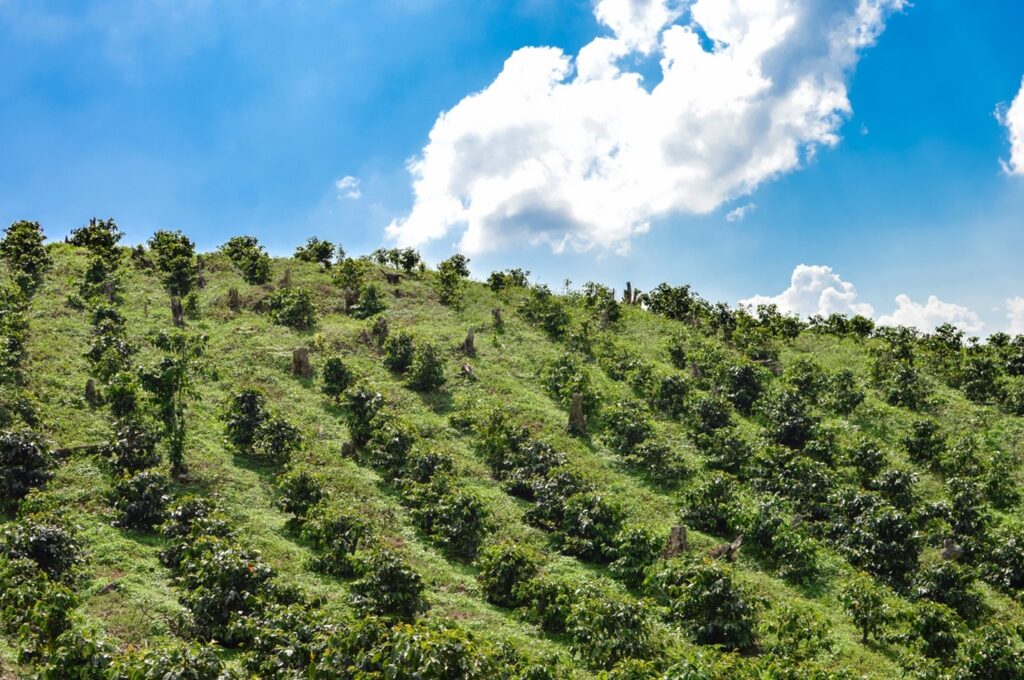
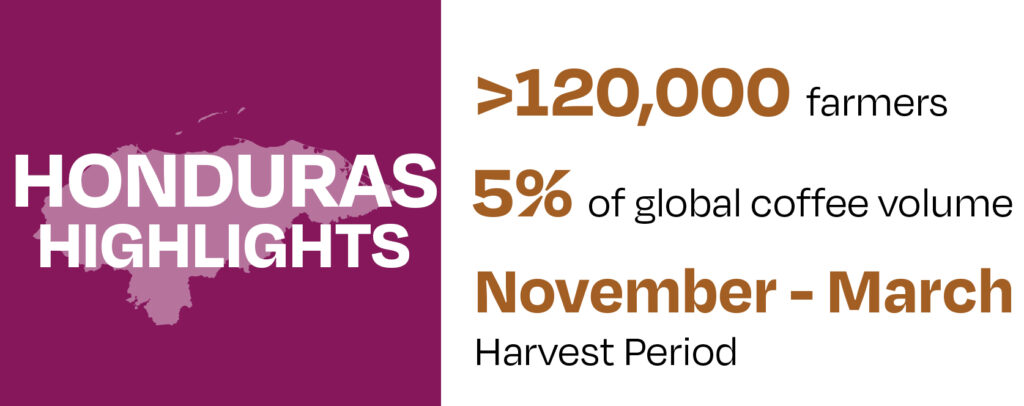
Coffee first arrived in Honduras in the 18th century, however, its cultivation was limited to a small number of small-scale farmers located in high elevation areas. It wasn’t until the 1960’s when increased international assistance through the USAID and the International Coffee Agreement came to Honduras that the coffee industry really began to develop. In the 1970’s the Honduran government formed the Honduran Coffee Institute to assist farmers in developing their coffee farms. These global and national efforts were successful in their aims and between 1970 and the late 1990’s coffee production grew over 200%. Although Honduras’ coffee industry was beginning to boom, a hurricane and the global collapse of coffee prices in the late 1990’s stunted the industries growth. These setbacks did not quell the desire for the development of the Honduran coffee industry among local professionals and farmers. Through the hard work of over 120,000 coffee farmers, Honduras’ coffee industry has grown to be the 4th largest in the world. This is especially significant as 95% of the coffee produced in the country is done so by small-holder farmers with the help of family labor.
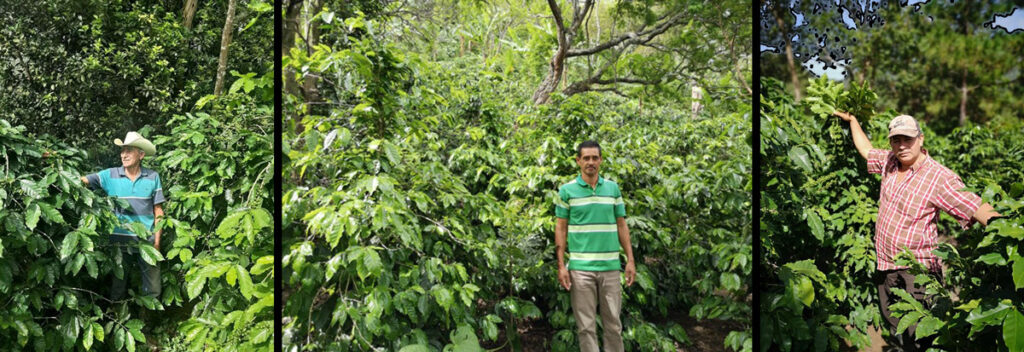
Alongside the efforts of Honduran coffee farmers, other Honduran coffee professionals have been looking for ways to identify and highlight the specialty coffee in the country. Specialty coffee gives coffee farmers an opportunity to earn more money for their coffee crop and to be recognized for their effort in growing and processing a crop that is deemed universally special. In 2017, specialty coffee made up 30% of the total Honduran coffee export and in Cup of Excellence competitions, the top-ranking coffees are receiving scores in the 90s, which is a difficult feat in coffee competitions.

At Westrock Coffee Company, we work closely with 150 farmers in Honduras through Raíz Sustainability™ and another 318 farmers through Farmer Direct Verified®. We have seen firsthand the determination and ambition of Honduran coffee farmers to develop their businesses to improve their economic, social, and environmental practices.
Coffee from Honduras is featured in many of Westrock Coffee’s blends and our coffee experts note that when they are sampling coffees from Honduras, they often taste light fruity notes with caramel like sweetness.
